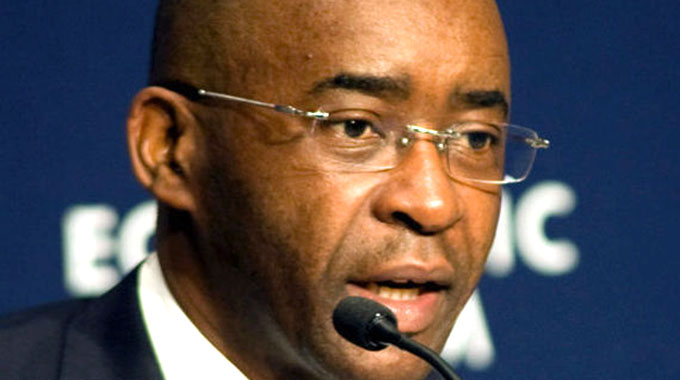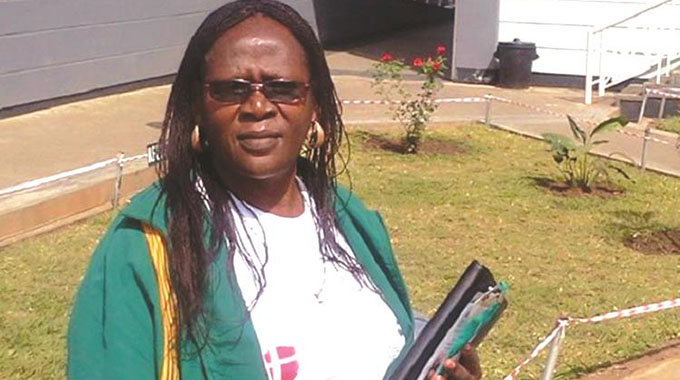Millennials are running out of time

Leroy Dzenga Features Writer
A Director of Ceremonies at a recent event passed an uncomfortable joke to those who were present.
He asked what the year 2020 meant to different people in the audience.
Made up of youth entreprenuers, the responses were an attempt to impress and sound profound.
Some said it was a year of execution, year of growth and others went as far as diving into the intricacies of business planning.
Letting out a small chuckle, the Director of Ceremonies said while the responses were brilliant, they were not what he was looking for.
To him, 2020 means a child born in 1990 is now 30 and has only five years left within the youth demographic.
Not that there is any preconceived benefit with being called youth or young but the import of the humour was to put into perspective how quickly time is moving.
Some young people get numbed with the flattery of youth and its illusory sense of permanence sometimes they forget to put their ideas into action.
There are many young dreamers seeking to become the next Strive Masiyiwa or Elon Musk with business plans in PDF format and a number of motivational quotes in tow.
Although aiming high is important for any economy, there is need for an inclination towards the practical.
Zimbabwe, a country where there are gaps in the most basic of services and products, some otherworldly ideas may not be the most appropriate for the environment.
Youthful exuberance allows the formulation of grand ideas, but upon talking to a number of expectant youth businesspeople, one gets a feeling there is an outlook which is divorced from the needs of the country.
There has been a penchant for localising things other countries have even when the essence does not necessarily match the present-day needs of the people.
It is not entirely a new phenomenon, Engineer Daniel Chingoma in the early 2000s “invented” his own helicopter.
Although it was a daring attempt, it was not the most pressing need a country like Zimbabwe needed.
When he then decided to direct his efforts towards budget water solutions for farmers and families, he hit the jackpot.
His experience should be a lesson to young Zimbabweans who sometimes spend time chasing the evasive light at the end of the entrepreneurial tunnel only to be disappointed when they realise they punched way higher than they and their country’s weight.
It is a good thing most degree programmes in the country have compulsory entrepreneurship courses, but they may need to be altered to factor in the issue of practicability of ideas.
It is going to be difficult to see a generation break glass ceilings if they are not willing to build from the ground up.
In this day and age where people live their lives in the full glare of the world, there is a desperation to get rich, not to mention famous, in a hurry.
Sometimes it is important to get into low hanging conventional businesses, learn the intricacies of how systems are set up and then gravitate towards a preferred business line.
The absence of patience is what is giving birth to incompetent tenderprenuers who end up prejudicing organisations of their money either by commission or omission.
Those born in 1995 and earlier should understand that they are now full adults expected to contribute to the growth of their country.
As such, those who are pursuing the business route should begin operationalising the ideas they have instead of verbalising about them without tangible action.
There should be a desk at the Ministry of Youth, Sport, Arts and Recreation and Zimbabwe Youth Council that helps youths bring their ideas to life.
We cannot have brilliant ideas that die in Powerpoint presentations because those who came up with them were not in sync with reality.
There is a new generation, known as Generation Z, which is succeeding millennials.
It consists of those born in the late 90s and early 2000s.
They, too, have ideas that need space, that need affirmative action in their handling.
This means that millennials, the generation identified as youths over the past decade and a half or so, need to progress to create space for the younger generation.
If millennials failed to make their time count chasing shadows, it will be a case for the history books.
But as things stand, youth programmes and initiatives need to change scope from people already in their 30s, inclining towards younger minds.
Although uncomfortable, millennials need to take stock of what they collectively achieved when they were the engine of the country’s productive capability.
Now should be time for the passing of transitions from one generation to the next, not the time for competition towards the same opportunities.
Authorities, too, need to look into the millennial generation and look at the challenges they faced as they attempted to grow within the Zimbabwean environment.
What they went through should not be repeated when the post-2000 generation emerges.
This means even the policy making and crafting of empowerment project needs to take new shape as it will be serving a different kind of people.
Perhaps if the conversation is elevated, millennials will understand that time is not stagnant and put their feet on the ground towards national development.
Not to say there are not those who have been breaking barriers, but more can and should be done.
Youths, some of the early 90s babies, need to understand that time is running out for them.
Whatever they need to do has to happen now.
Feedback: [email protected]









Comments